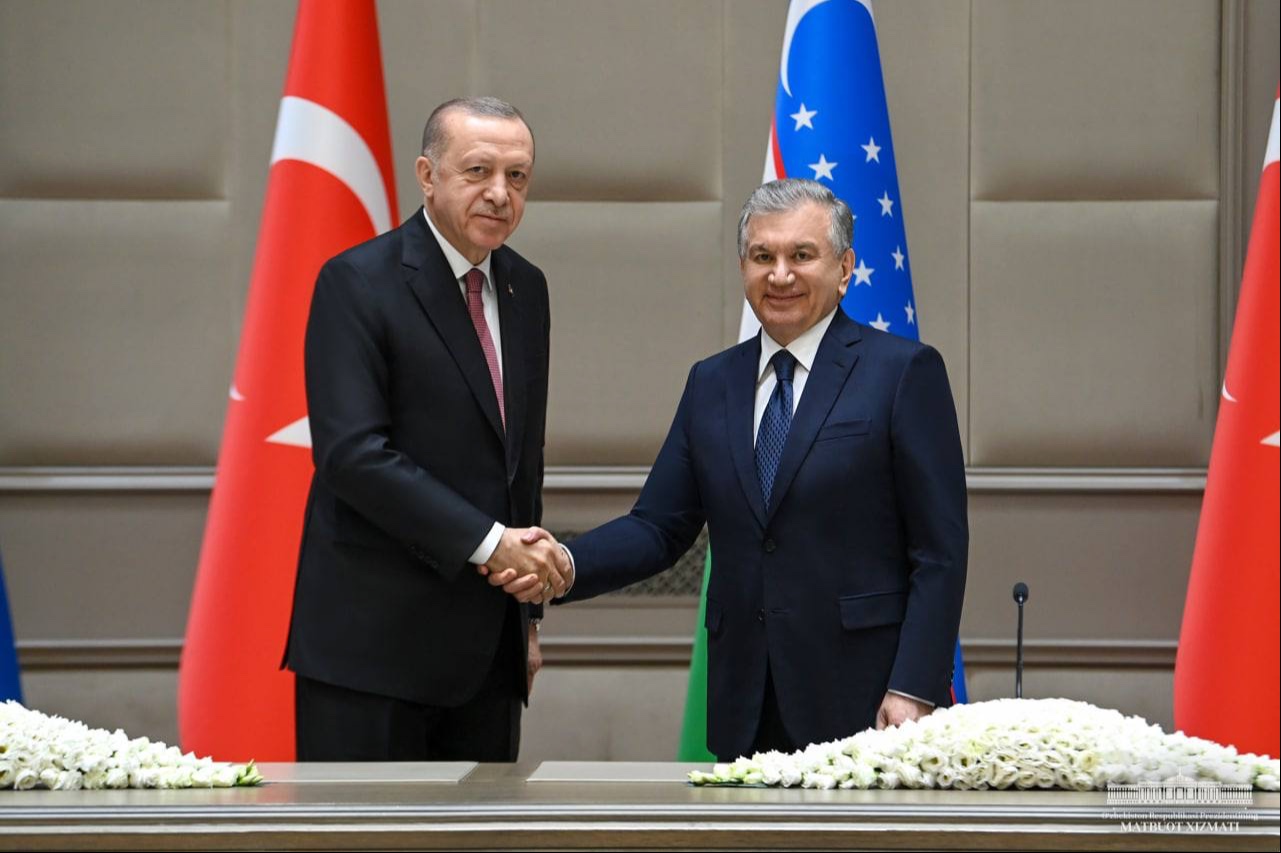The Istanbul Bombing and Soylu’s Power Play
By Gareth Jenkins
November 22, 2022
The response of Interior Minister Süleyman Soylu to the deadly bomb blast in central Istanbul on November 13th has raised more questions than it has answered and intensified already widespread concerns about the possibility that elements in the state apparatus will ratchet up security concerns in the run-up to the next presidential and parliamentary elections, which are due to be held by June 2023 at the latest. By taking such a high public profile, Soylu also appears to have seized on the opportunity presented by the attack to try to boost his public standing -- which has been badly damaged by a string of revelations by exiled organized crime boss Sedat Peker -- and take advantage of President Recep Tayyip Erdoğan’s absence at the G20 summit in Bali to assert his claim to being the second most powerful person in the government and Erdoğan’s heir apparent.
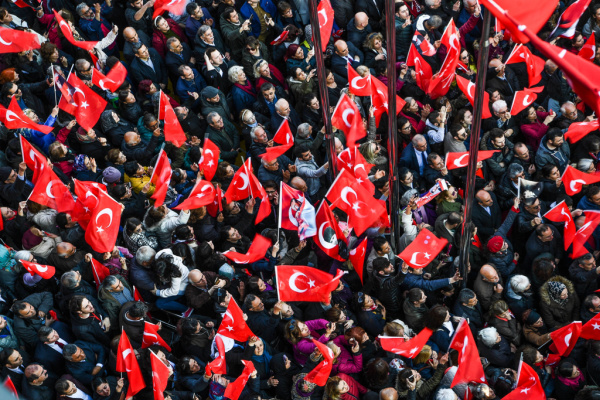
Allies or Adversaries? The Confidence Gap between the U.S. and Turkey Needs to be Addressed
By Barçın Yinanç
November 17, 2022
Washington’s response to Turkey’s foreign policy choices has been to look for other allies that are either at odds with Turkey, like Greece, or which confront it, as Kurdish groups in northern Syria do. This is a risky strategy. U.S. policy makers need to be cognizant that the more the confidence gap between Ankara and Washington persists, the more it will benefit Russia that is set to use it to advance its own interests.
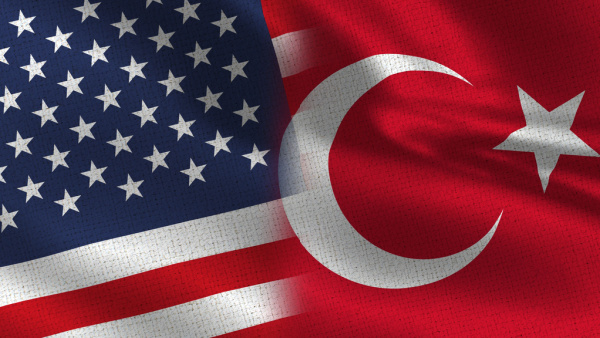
Illusions of Unity: The Travails of Turkey’s Main Opposition Alliance
By Halil Karaveli
October 6, 2022
CHP leader Kemal Kılıçdaroğlu’s potential candidacy in next year’s presidential election is causing tensions within Turkey’s six party main opposition alliance, raising doubts about the viability of the alternative alliance to the rule of Recep Tayyip Erdoğan, who has rebounded in the polls. Turkey’s past, sociology and the right-wing character of the opposition alliance where the CHP is in ideological minority militate against the social democrat Kılıçdaroğlu’s presidential bid. And while Turkey’s long-standing culture war between seculars and religious conservatives may have come to an end, ethnic aspirations and rising socio-economic discontent – to which the left and the right respond differently – are bound to fuel societal conflict and make it difficult, if not impossible, to sustain a the left-right opposition alliance and the notion that there is a viable alternative to Erdoğan.
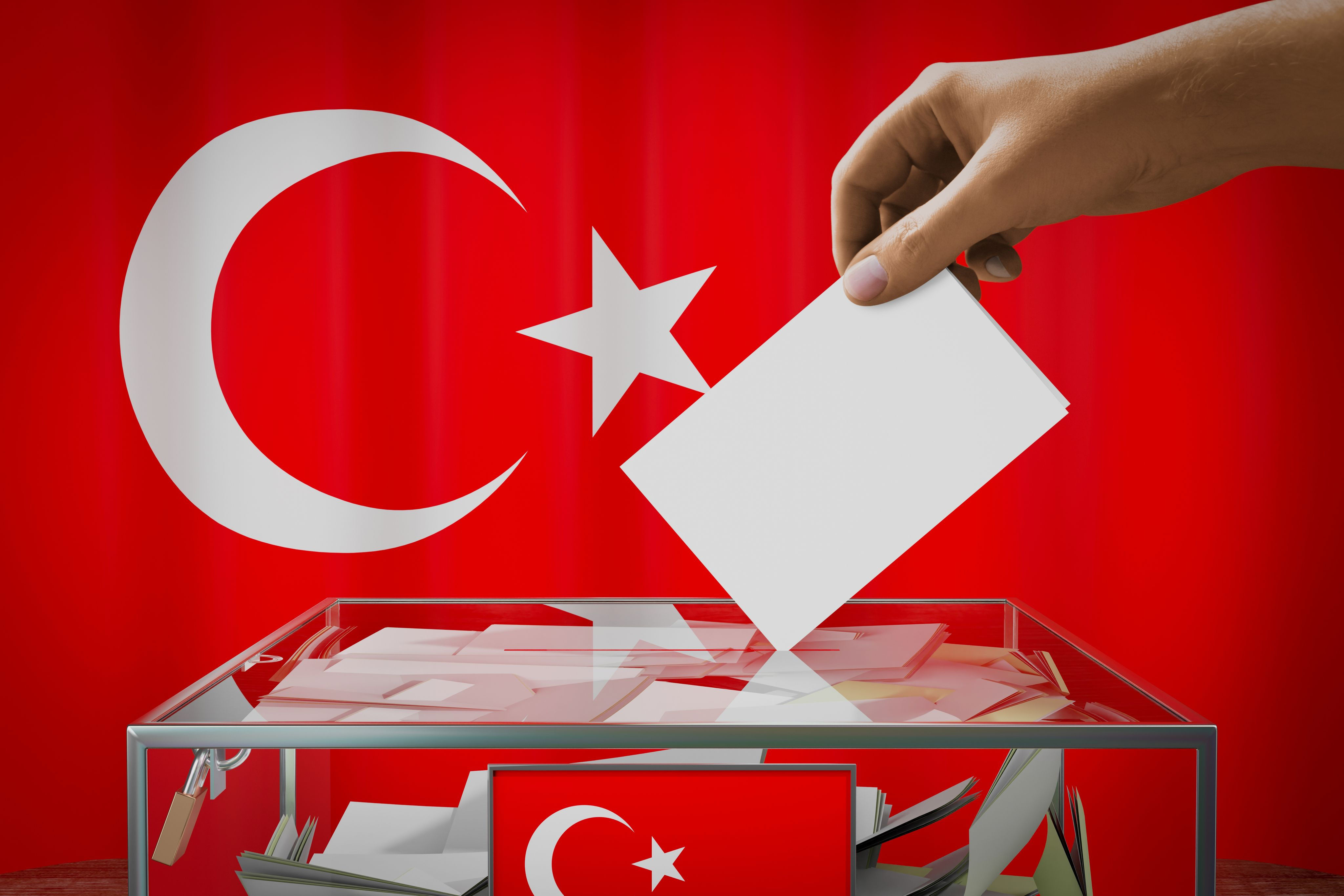
Rejecting Democracy: What Turkey has in common with Russia and Iran
By Hamit Bozarslan
October 3, 2022
The Turkish, Russian and Iranian regimes share strikingly similar traits. They have emerged to form a group of radically nationalist, self-proclaimed “virile” alternatives to liberal democracy. All three “anti-democracies” project themselves as hegemonic powers, but they remain deeply frustrated former empires and their future is uncertain. Unfortunately, the passivity that the Erdoğan regime has succeeded in instilling in Turkish society, like the Putin regime has done in Russia, may prove to be its lasting legacy, ensuring the survival of authoritarian rule.
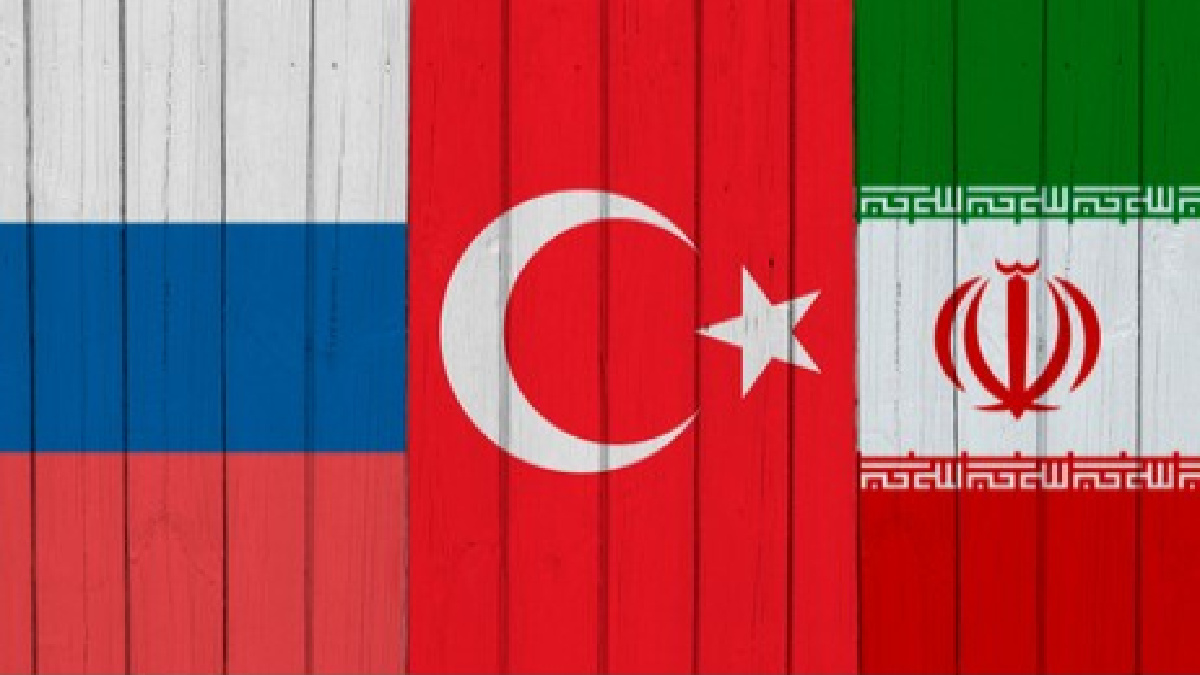
New Turkey-Uzbekistan Strategic Partnership Accelerates Turkey’s Rise as a Eurasian Agenda-Setter
By Michaël Tanchum
June 8, 2022
The March 2022 elevation of the Turkey-Uzbekistan relationship to a “Comprehensive Strategic Partnership” provides the Ankara-led Organization of Turkic States with a new geopolitical heft. To preserve its autonomy in the face of Beijing's growing regional dominance, Tashkent has turned to Ankara to act as countervailing force in both economic and security affairs. Combined with the expanding Turkey-Pakistan strategic partnership, this makes Turkey a rising Eurasian agenda setter that will impact the strategic calculus of both Beijing and Washington.
